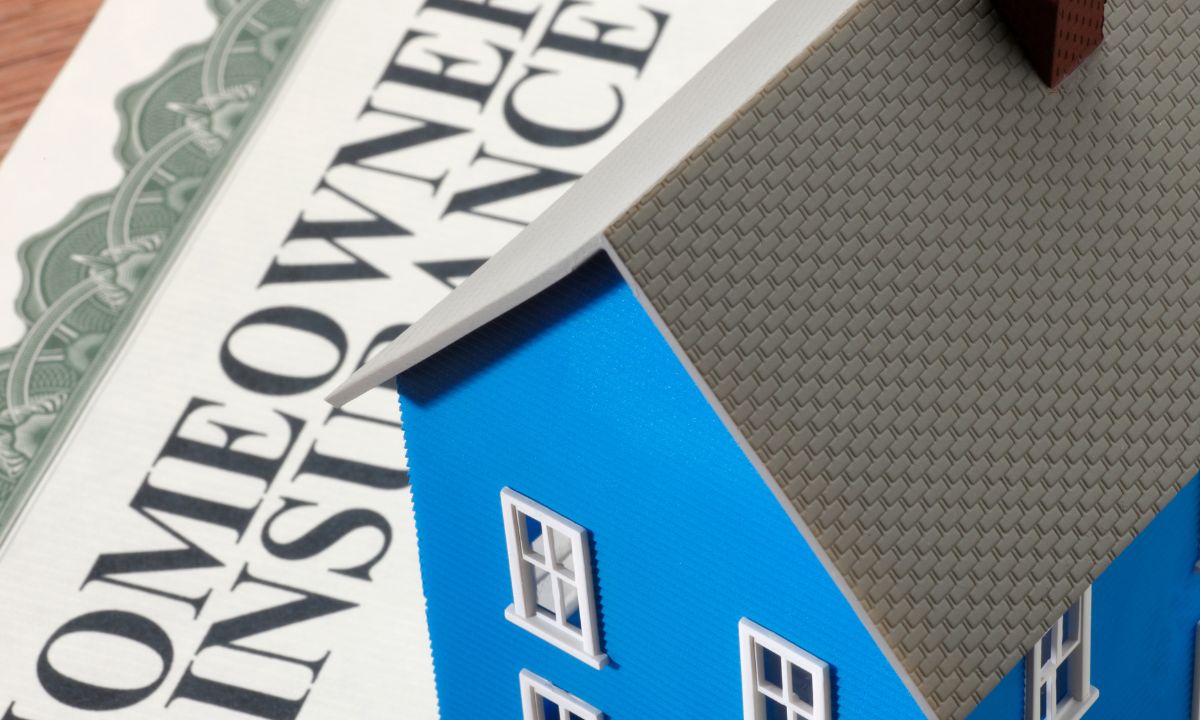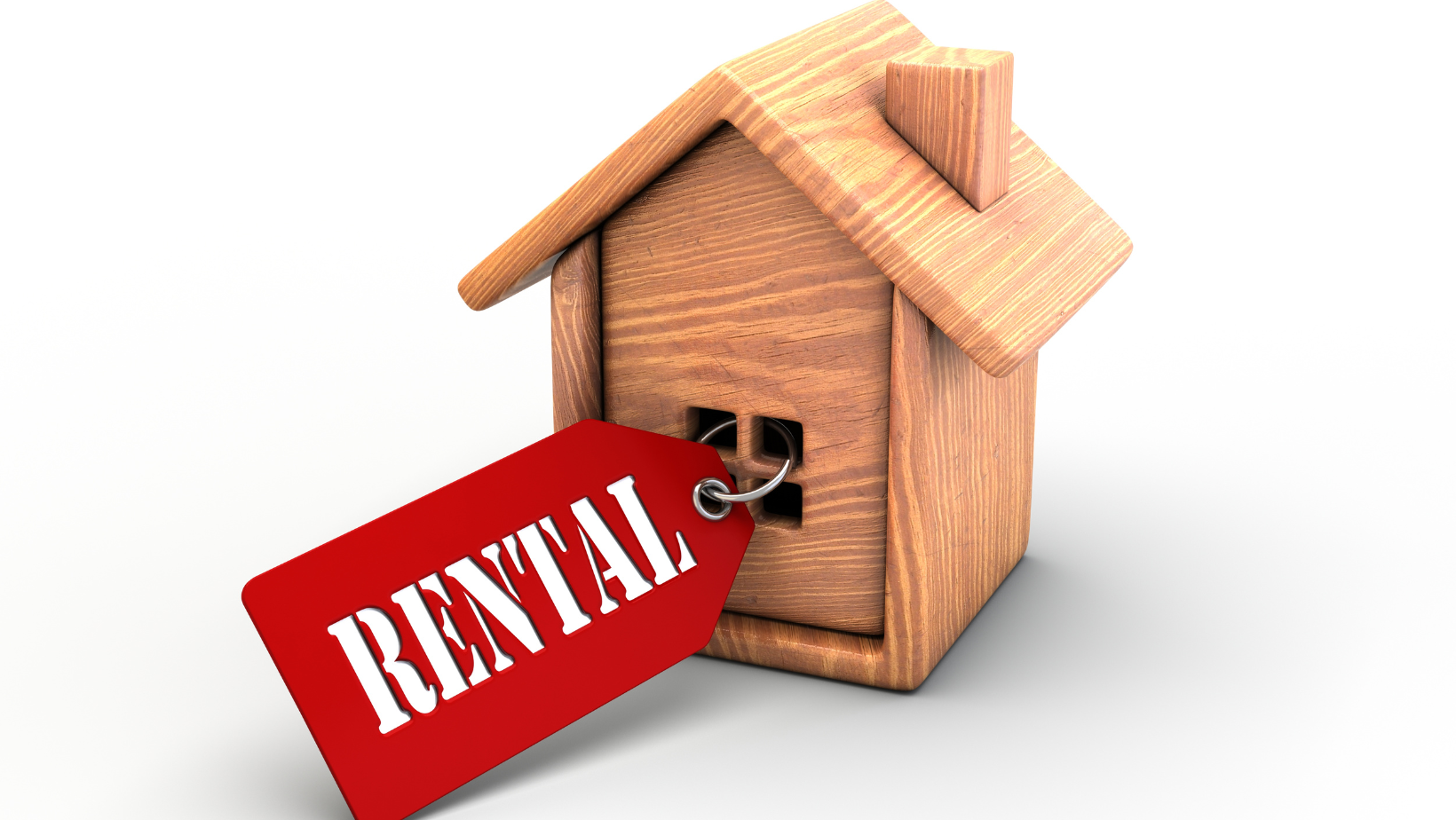 Buying a home is one of the most significant investments you’ll make in your lifetime. But it’s not just about purchasing the property itself—it’s also about protecting it. Homeowners insurance is a crucial part of homeownership, offering financial protection against damage or loss caused by unexpected events like accidents, natural disasters, or theft.
Buying a home is one of the most significant investments you’ll make in your lifetime. But it’s not just about purchasing the property itself—it’s also about protecting it. Homeowners insurance is a crucial part of homeownership, offering financial protection against damage or loss caused by unexpected events like accidents, natural disasters, or theft.
Whether you’re a first-time homebuyer or an experienced homeowner, choosing the right homeowners’ insurance can be a challenge. Understanding your coverage options and finding a policy that suits your needs is essential to safeguarding your home, your belongings, and your financial future.
Why Homeowners Insurance is Essential
For most homebuyers, homeowners’ insurance is not just a recommendation; it’s a requirement. Lenders often require insurance as a condition of the mortgage loan because the property you’re purchasing is also their collateral. This means that, in the event of damage or loss, the lender needs assurance that their investment is protected.
Even if you’re not required by your lender, homeowners’ insurance is a smart way to protect your property. Without it, you could face significant financial hardship in the event of a fire, storm, break-in, or other unforeseen incidents. A solid homeowners insurance policy helps cover repairs, replacements, and legal fees, and it can also provide liability protection if someone is injured on your property.
Understanding the Different Types of Coverage
Homeowners insurance policies typically offer several different types of coverage, and choosing the right one depends on the value of your property and what you want to be protected against. Here are some of the key types of coverage:
- Dwelling Coverage: This covers the structure of your home—walls, roof, floors, and built-in features—against damages from events like fire, wind, or vandalism.
- Personal Property Coverage: This protects your personal belongings, such as furniture, electronics, clothing, and valuables. If your possessions are damaged, lost, or stolen, this coverage helps you replace them.
- Liability Coverage: If someone is injured on your property or if you accidentally damage someone else’s property, liability coverage helps protect you from legal and medical costs.
- Additional Living Expenses (ALE): If your home becomes uninhabitable due to a covered event, this coverage helps with temporary living costs, such as hotel bills or rent.
- Natural Disasters and Flood Insurance: Standard homeowners’ insurance does not cover flooding, earthquakes, or other natural disasters in some regions. These policies can be purchased separately or as add-ons.
Assessing the Right Coverage for You
Before choosing a policy, it’s important to assess the value of your home and belongings. Take inventory of everything you own, including furniture, electronics, and valuables. You should also consider the cost of replacing your home if it were to be completely destroyed. A home appraisal may be helpful to determine the replacement value of your property, and you can use this figure to guide your coverage needs.
Next, evaluate the types of risks you may face based on your location. If you live in an area prone to floods, wildfires, or severe storms, additional coverage for those risks may be necessary. For example, if you live in a flood zone, you’ll need to purchase flood insurance separately.
Choosing the Right Policy and Provider
Once you’ve assessed your needs, it’s time to shop around for the best homeowner’s insurance policy. Look for a policy that offers the right amount of coverage for your home and belongings at a price you can afford. Consider the insurer’s reputation for customer service, claims handling, and overall satisfaction. An insurance agent or broker can help you navigate the options available and recommend the best policy for your situation.
It’s also important to review the policy details carefully, paying attention to exclusions and deductibles. For instance, some policies may not cover certain types of damage or may have higher deductibles for specific risks. Understanding these details upfront will help you avoid surprises later on.
Homeownership is a significant investment, and homeowners’ insurance is a vital tool in protecting that investment. With the right coverage, you can have peace of mind knowing that if something unexpected happens, you’re financially prepared. By assessing your needs, understanding the coverage options available, and working with a trusted insurance provider, you can choose the right homeowner’s insurance to protect your home and everything in it.
 When it comes to real estate investment, understanding tax strategies is crucial to maximizing your returns. One of the most effective tools for deferring taxes and boosting your investment potential is the 1031 exchange. This IRS provision allows investors to defer capital gains tax on the sale of investment properties, providing more capital to reinvest and grow their portfolios.
When it comes to real estate investment, understanding tax strategies is crucial to maximizing your returns. One of the most effective tools for deferring taxes and boosting your investment potential is the 1031 exchange. This IRS provision allows investors to defer capital gains tax on the sale of investment properties, providing more capital to reinvest and grow their portfolios. Most independent rental property owners in the U.S. reportedly work another job on top of being a landlord. That means the overwhelming majority of landlords are attempting to juggle more than they can handle at times. However, there are organizational and strategic concepts that can maximize efficiency and profitability.
Most independent rental property owners in the U.S. reportedly work another job on top of being a landlord. That means the overwhelming majority of landlords are attempting to juggle more than they can handle at times. However, there are organizational and strategic concepts that can maximize efficiency and profitability. For new investors venturing into the dynamic world of real estate, the prospect of finding the perfect investment can be both exciting and daunting. While established neighborhoods often seem like the safest bet, emerging neighborhoods can offer untapped potential and higher returns for those with a keen eye. We will look into the art of spotting real estate investment opportunities in emerging neighborhoods, tailored specifically for new investors looking to make their mark in the industry.
For new investors venturing into the dynamic world of real estate, the prospect of finding the perfect investment can be both exciting and daunting. While established neighborhoods often seem like the safest bet, emerging neighborhoods can offer untapped potential and higher returns for those with a keen eye. We will look into the art of spotting real estate investment opportunities in emerging neighborhoods, tailored specifically for new investors looking to make their mark in the industry. Real estate has long been considered a lucrative investment, but for many, the barriers to entry can be daunting. Enter real estate crowdfunding, a game-changing concept that allows investors to pool their resources and collectively invest in property. This innovative approach has democratized real estate investing, making it accessible to a broader audience. In this guide, we’ll explore the ins and outs of real estate crowdfunding and provide you with the tools to navigate this exciting investment avenue.
Real estate has long been considered a lucrative investment, but for many, the barriers to entry can be daunting. Enter real estate crowdfunding, a game-changing concept that allows investors to pool their resources and collectively invest in property. This innovative approach has democratized real estate investing, making it accessible to a broader audience. In this guide, we’ll explore the ins and outs of real estate crowdfunding and provide you with the tools to navigate this exciting investment avenue. When you go through the process of applying for a mortgage, you need to make sure you understand all of the terms on the page. Two of the most common numbers you will come across include the mortgage rate and the APR. Many people associate both of these numbers with interest rates, but you will probably notice that they are not quite the same. What are the differences between these two numbers, and how are they going to impact your mortgage loan?
When you go through the process of applying for a mortgage, you need to make sure you understand all of the terms on the page. Two of the most common numbers you will come across include the mortgage rate and the APR. Many people associate both of these numbers with interest rates, but you will probably notice that they are not quite the same. What are the differences between these two numbers, and how are they going to impact your mortgage loan? If you are interested in purchasing a rental property, you might want a short-term rental that you can use as a vacation home. This can be a great way to generate some additional income, and you might be able to make thousands of dollars every week if you purchase a property in the right location. On the other hand, there are several important factors you need to consider before you purchase a rental property.
If you are interested in purchasing a rental property, you might want a short-term rental that you can use as a vacation home. This can be a great way to generate some additional income, and you might be able to make thousands of dollars every week if you purchase a property in the right location. On the other hand, there are several important factors you need to consider before you purchase a rental property.  If you are looking for a way to diversify your investment portfolio, there are different options available. One option is to invest in real estate. With so many different choices, how can you select the right one for your needs? There are a few key points to keep in mind.
If you are looking for a way to diversify your investment portfolio, there are different options available. One option is to invest in real estate. With so many different choices, how can you select the right one for your needs? There are a few key points to keep in mind. If you want to diversify your investments, you might be thinking about purchasing real estate. Buying property is expensive, so where are you going to get the money from? You might be able to use your IRA to help you buy property. You probably hold stocks, mutual funds, and bonds in your IRA, but did you know that you could also hold non-traditional retirement assets in your IRA? This includes real estate. How can you use your IRA to buy real estate?
If you want to diversify your investments, you might be thinking about purchasing real estate. Buying property is expensive, so where are you going to get the money from? You might be able to use your IRA to help you buy property. You probably hold stocks, mutual funds, and bonds in your IRA, but did you know that you could also hold non-traditional retirement assets in your IRA? This includes real estate. How can you use your IRA to buy real estate?  There are a lot of different types of homes available, and it is important for people to understand the differences. When people are considering purchasing a house, particularly a rental property, it is easy to get overwhelmed by the different houses available. Some of the most common options include manufactured homes, mobile homes, and modular homes. What are the differences?
There are a lot of different types of homes available, and it is important for people to understand the differences. When people are considering purchasing a house, particularly a rental property, it is easy to get overwhelmed by the different houses available. Some of the most common options include manufactured homes, mobile homes, and modular homes. What are the differences?